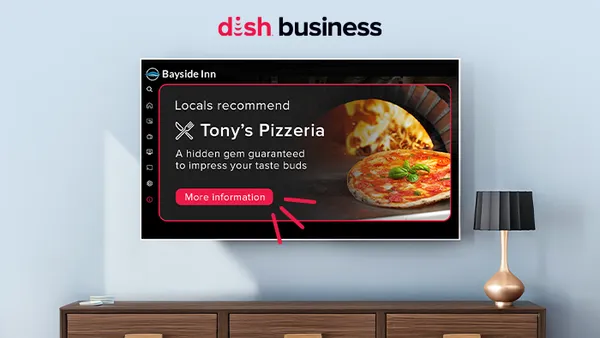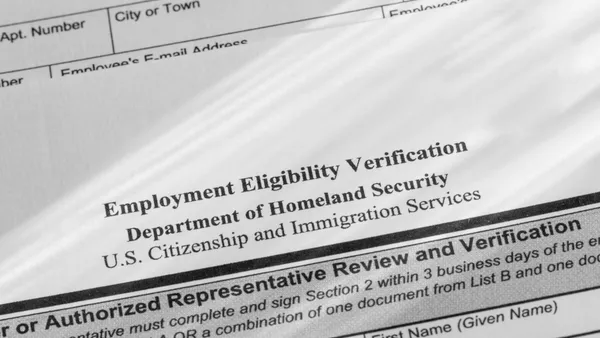The following is a guest post from immigration attorney David Yurkofsky and John Dorer, CEO of eb3.work, a platform that connects employers with foreign nationals seeking to work legally in the U.S. Opinions are the authors’ own.
The hotel industry continues to face a severe housekeeping staff shortage. While demand for travel rebounds post-pandemic, hotels lack the workforce to adequately service rooms. This impedes properties’ ability to deliver the high guest satisfaction that builds loyalty and drives revenue.
According to a June report from the American Hotel & Lodging Association, the hotel industry remains 100,000 jobs below its pre-pandemic level. In the report, eight out of 10 hoteliers said they are experiencing staffing shortages, and a quarter of owners surveyed said the shortage is so severe it’s affecting their ability to operate.
Clearly, fresh approaches are needed to attract and retain talent in this vital role. There are four areas hotel operators can explore to create a competitive edge.
Leveraging technology
From AI-enabled robots to mobile apps, technology can maximize productivity of existing staff while requiring less physical exertion. Robot butlers that deliver amenities to rooms are already being tested. More immediately impactful are platforms that track room status, allowing housekeepers to focus where needed rather than checking every room. Smart devices that notify staff of room readiness reduce wasted trips. Provide the right tech tools, and staff will achieve more in less time.
Additionally, technology can make the job more engaging. Games that turn cleaning into a competition could motivate staff while capturing data to refine operations. The variety and mental stimulation of using tech effectively potentially attracts younger workers. Tech-powered productivity empowers management to increase wages for those providing superior guest experiences.
Considering job flexibility
Offering flexible work arrangements appeals to parents, students and others needing schedule adaptability. Options like job sharing, staggered start times and part-time positions allow staffing models that align with business volumes while supporting workers’ needs. Hotels could even partner with virtual job platforms to enable employees from anywhere to sign up for open shifts. Greater flexibility means expanded candidate pools and fewer missed shifts from unreliable workers.
Building career pathways
Housekeeping roles can actually be gateways to hospitality careers if hotels provide the right training and advancement opportunities. Offer English classes to improve communication skills. Cross-train staff in areas like laundry and public spaces to increase job variety. Implement mentor programs where senior staff coach new hires. Make it easy for ambitious workers to move up.
When housekeepers feel invested in and see real career potential, retention rates rise. Existing staff will eagerly refer their family and friends. Well-trained veterans of the role become future supervisors.
Hiring from non-traditional sources
Looking beyond the typical labor pools can uncover passionate workers. Formerly incarcerated individuals, people living with a disability and immigrant applicants often face barriers to traditional employment despite having transferable skills. They tend to be open to opportunities and highly motivated to succeed. Hiring them leverages untapped talent while making a positive community impact.
The worker shortage won’t disappear overnight, but resetting housekeeping as an attractive opportunity will ease hotels’ hiring woes. Combined with smart compensation and human-centric solutions, hotels can build a future-proof workforce.









